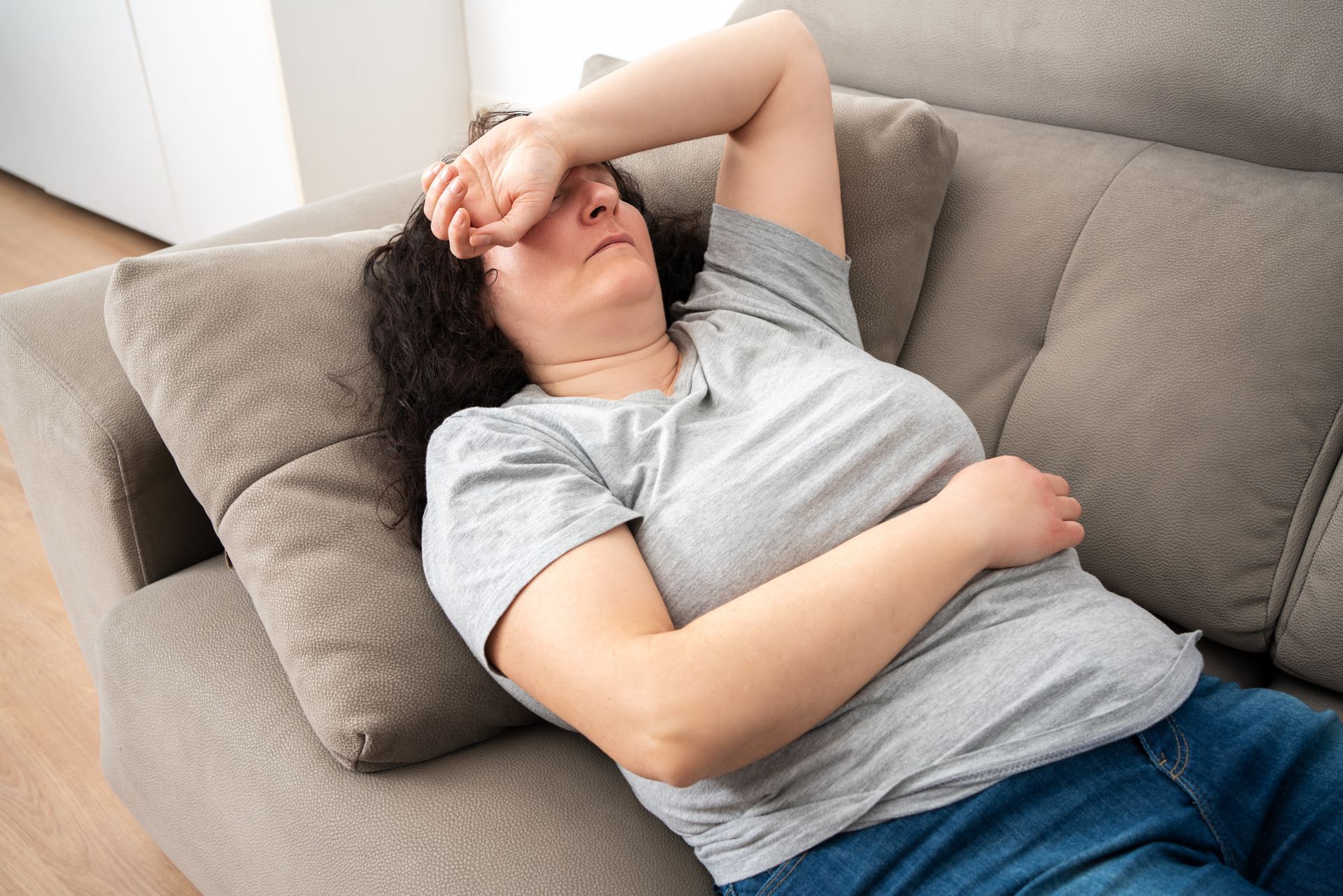Testosterone and Men’s Sexual Health: How Hormone Decline Affects Desire and Performance

When your energy’s low and your desire seems to have disappeared, it can take a toll on more than just your relationship. It affects your confidence, motivation, and overall sense of well-being. For many men, these changes are linked to one key factor: low testosterone.
Low testosterone, or low T, is a common and often overlooked cause of a declining sex drive in men. The good news? It’s also one of the most treatable.
The Importance of Healthy Testosterone Levels for Men
Testosterone plays a leading role in male vitality. It influences far more than just sex drive. It impacts everything from muscle mass and bone density to energy levels and mood regulation.
Around age 30, testosterone production begins to decline gradually, but factors like stress, poor sleep, weight gain, and certain medical conditions can accelerate that decline. When levels fall too far, men often describe it as “losing their edge.” Energy dips, motivation fades, and intimacy feels more like effort than excitement.
Understanding the Link Between
Low T and Low Libido
When testosterone levels fall below optimal range, sexual desire is often one of the first things to change. You may notice:
- Less frequent sexual thoughts or spontaneous arousal
- Difficulty maintaining erections
- Decreased satisfaction or performance
- Fatigue, irritability, or loss of motivation
Because testosterone influences both physical and emotional pathways, low levels disrupt more than just libido. Low T often leaves men feeling tired, unmotivated, and emotionally disconnected, making intimacy even more challenging.
Non-Hormonal Factors That Can Impact Sexual Desire in Men
Although testosterone is a major driver of libido, it’s far from the only influence. Sexual desire is shaped by a blend of physical, emotional, and lifestyle factors, and when even one of those is off balance, it can make intimacy feel more challenging. Libido can also be affected by:
- Stress and anxiety
- Relationship issues
- Poor sleep or untreated sleep apnea
- Certain medications
- Obesity or inactivity
Because so many factors can overlap, guessing isn’t helpful. A complete evaluation helps pinpoint what’s actually causing the decline in libido, whether it’s low testosterone, lifestyle stressors, a medical condition, or a combination.
Benefits of Testosterone Replacement Therapy for Men with Low Libido
Testosterone replacement therapy (TRT) restores hormone balance by giving your body the testosterone it’s no longer producing in adequate amounts. By correcting this imbalance, TRT helps reverse the physical and emotional effects of low T, improving libido, energy, mood, and overall vitality.
At Rejuvime Medical, TRT isn’t a one-size-fits-all solution. Every treatment plan is crafted around your labs, symptoms, lifestyle, and long-term goals. This personalized approach ensures your body receives exactly what it needs for safe, effective, and sustainable results.
Rejuvime offers several therapy options to match your preferences and routine, including:
- Bioidentical hormone replacement: Formulated to mirror your body’s natural hormones for optimal safety and compatibility.
- Injections, topical gels, or pellets: Different delivery methods provide flexibility depending on how hands-on you want treatment to be and how steadily you prefer your hormone levels maintained.
- Ongoing lab monitoring and follow-up visits: Regular testing ensures your levels stay within an optimal range, your symptoms continue to improve, and your treatment remains safe and effective over time.
Most men notice increased sexual interest, better stamina, improved mental clarity, and a stronger sense of vitality within weeks of starting treatment.
Low testosterone can affect more than your libido. It can change how you feel about yourself. If you’ve been experiencing changes in sexual desire, energy, or mood for more than a few weeks, Rejuvime Medical can help. Many men put off scheduling a consultation, assuming it’s just part of aging, but that’s a myth. Balanced hormones are possible at any age. Contact us today to take the first step toward renewed confidence and vitality.
Get in Touch
Questions? Contact us today by phone or book an appointment online.
Questions? Call our office:
(225) 228-3128





